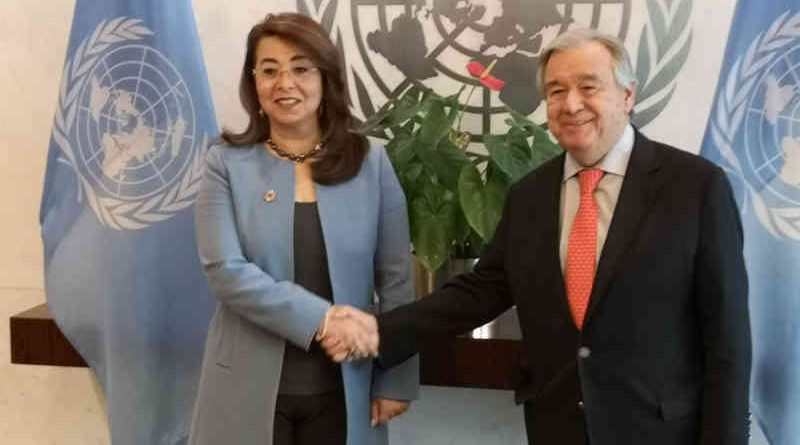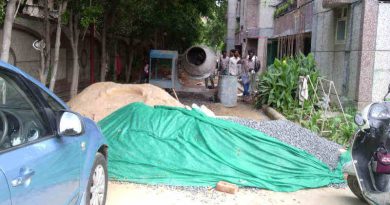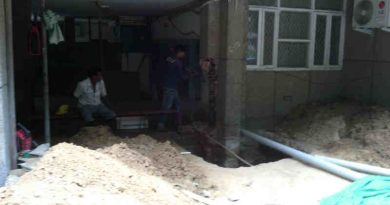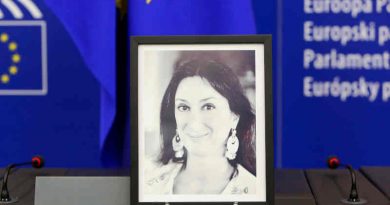Global Conference: How to Measure Corruption to Mitigate Its Impact
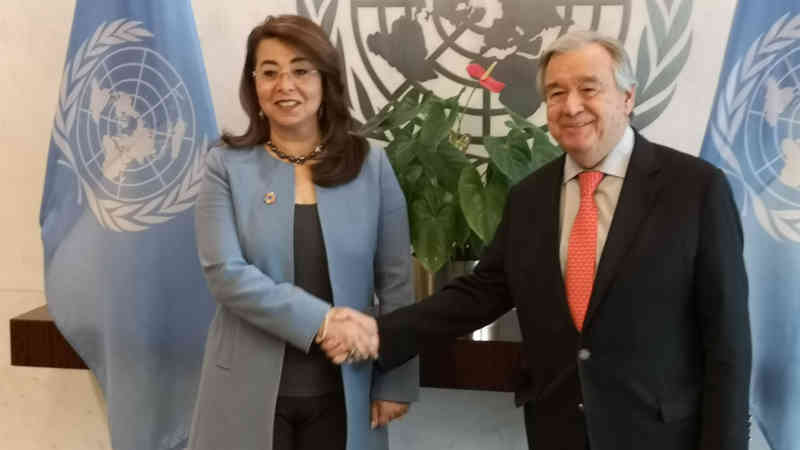
Global Conference: How to Measure Corruption to Mitigate Its Impact
Measuring corruption requires a comprehensive and context-specific approach that includes a wide range of stakeholders.
The first global conference on corruption measurement was held on 31 August 2023 at the UN Office on Drugs and Crime (UNODC) in Vienna. Speaking at the conference, Ghada Fathi Waly, the Director-General / Executive Director of the United Nations Office at Vienna (UNOV) / UNODC stressed upon the importance of corruption measurement.
She said that corruption spreads across blurred lines and thrives on ambiguity. In the margins and often undetected, corruption undermines the world’s capacity to respond to adversity, and undercuts our efforts to achieve the Sustainable Development Goals (SDGs).
Ms Waly added, “It is clear that corruption diverts crucial resources, hampers essential services, enables organized crime, and deepens inequalities and grievances. It is clear that corruption fans the flames of crisis, from climate change and environmental degradation to the fundamental threats facing governance and the rule of law in many parts of the world.”
But there is far less clarity on the extent and reach of corruption, in measurable terms, she said, adding that developing a common approach to measuring corruption can introduce much-needed clarity, helping us to determine causes, consequences, and trends, to identify gaps and weaknesses, to monitor and evaluate the effectiveness of anti-corruption policies, and most importantly to assess progress.
“Along with the adequate legal framework and strong institutions in place, this will enable a stronger response, and act as a springboard for efforts to achieve the SDGs,” Ms Waly suggested .
“As we mark 20 years of the UN Convention against Corruption, the UNCAC, and prepare for its 10th Conference of States Parties in Atlanta in December, we have a special opportunity to renew momentum for international cooperation on corruption, including on its measurement,” she said. “But measuring corruption is not an easy task.”
Corruption takes different forms across countries and sectors, and is influenced by economic, social, political, and cultural factors. In recent years, according to Ms Waly, we have seen questions raised regarding the accuracy and reliability of the available numbers and statistics relating to corruption.
Measurement methodologies are often unclear. Many estimates are based on limited indicators, while some frameworks prioritize narrow groups of stakeholders and their perceptions. This has often painted an incomplete or distorted picture, including for many countries in the global South that are perceived to be more corrupt by default.
And here lies the importance of this conference: it is a step towards finding a common understanding on approaches to measure corruption, recognized and usable by different countries.
Measuring corruption requires a comprehensive and context-specific approach that includes a wide range of stakeholders, and accounts for differences between countries and regions. It requires adherence to the principles of impartiality, professionalism, quality, and confidentiality. And it requires strong political will, backed by technical and financial capacities.
Finally, and crucially, any universal approach to corruption measurement should align with international standards and norms as established by the UNCAC, and should seek synergies with the UNCAC Implementation Review Mechanism and other peer reviews.
“At UNODC, we aim to provide countries with the tools to measure corruption in a nationally owned, internationally credible process, and to develop their capacities to do so,” Ms Waly said.
Article 61 of the UNCAC emphasizes the need to monitor and analyze corruption trends, and to develop common definitions, standards, and methodologies. Recognizing the need for practical steps to meet this need, States Parties to the Convention have called for tools to help them assess corruption.
To answer this call, UNODC is developing a statistical framework for states to measure corruption domestically. The statistical framework proposes a common set of definitions, indicators, methods, and sources.
It provides guidance on how to collect and analyze data holistically, as a foundation for effective anti-corruption strategies and policies, as well as targeted technical assistance. The UNODC office has already presented the draft framework at the UN Statistical Commission, where it was deemed statistically robust.
“We are now looking to present it to the UNCAC Conference of States Parties in December. The development of this framework builds on UNODC’s experience in helping countries collect data on corruption,” Ms Waly said. “Our Office provides capacity-building and technical guidance to several countries in Africa, Asia and Latin America to undertake corruption surveys.”
Two notable examples are Ghana and Nigeria, where UNODC helped carry out comprehensive national surveys on corruption. In 2018, UNODC partnered with UNDP to develop a manual on measuring bribery and other related forms of corruption through sample surveys, to advance SDG 16 and all the SDGs.
Moreover, UNODC partners at the OECD, UNDP and IACA are also undertaking important efforts to help countries measure corruption more accurately and effectively. “Now, at this conference, we have the chance to review different approaches and experiences, and to chart a path towards the 10th UNCAC Conference of States Parties, where we can take another big step towards more reliable evidence on corruption,” Ms Waly said.
“I would like to take this opportunity to welcome the high-level participation at this first global conference on corruption measurement, and to thank the moderators and panelists for sharing their valuable experiences,” she added. “I would also like to express my sincere gratitude to the Anti-Corruption Commission of Saudi Arabia for supporting this event, and to our colleagues at IACA, UNDP and OECD for the good collaboration.”
“The impact of corruption is tangible, far-reaching, and profoundly damaging. By better measuring corruption, we can better mitigate that impact. Let us strive for more measurable progress towards integrity, justice, and the rule of law.” Ms Waly concluded.

